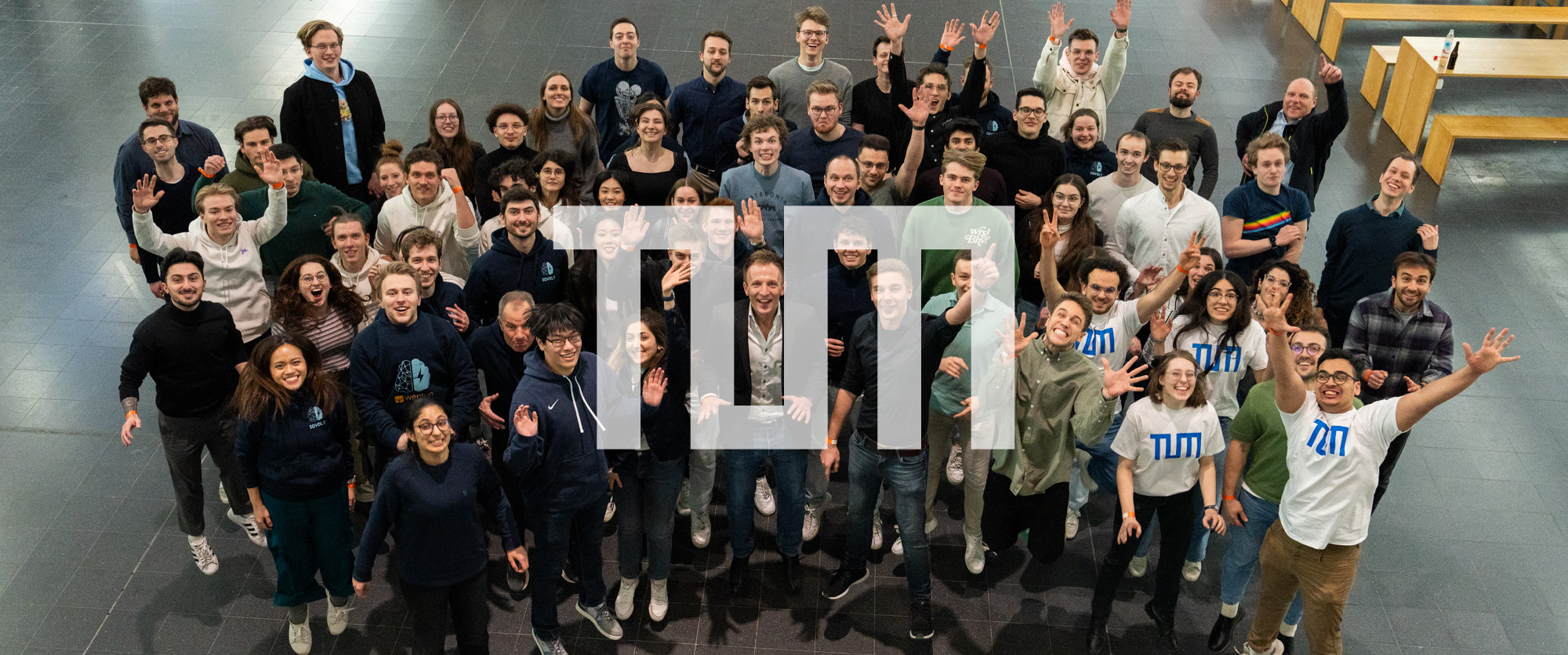Course Description

In this onsite course, you develop mobile applications in the context of a larger system architecture. Depending on the project, you work with application servers, machine learning algorithms, smart sensors, intelligent clothing, wearables like the Apple Watch or micro-controllers. You get to know workflows, activities and tools of state-of-the-art agile software engineering, in particular agile hardware/software co-development, from requirements engineering to system delivery.
You learn Apple’s programming language Swift, UI frameworks such as SwiftUI, and modern paradigms for asynchronous programming. You gain hands-on knowledge in the fields of system modeling, usability engineering and continuous integration and delivery. Industry partners provide real problem statements. You get real team and project experience while working tightly together with a real client towards a real deadline.
Prerequisites
You are able to apply object-oriented programming principles, including designing class hierarchies, establishing relationships, and implementing maintainable, reusable code. You can use design patterns to solve common problems and create and understand UML diagrams (e.g., use case, class, and activity) to model system functionality, structure and dynamic behavior in an understandable way. You grasp basic system design concepts and address key challenges in software architecture including subsystem decomposition and deployment diagrams.
You can apply fundamental software engineering skills by using version control, adhering to coding standards, and conducting code reviews to ensure quality. You can elicit and analyze requirements, apply scenario-based design, and distinguish between functional and quality requirements. You understand and apply architectural styles (e.g., client-server with REST) and recognize the principles of low coupling and high cohesion to support modular, maintainable design.
Learning Objectives
You work closely with industry customers, addressing authentic problems using real data to create impactful, user-centered software solutions. Throughout the project, you gain hands-on experience in an agile environment with continuous integration and continuous delivery. You become proficient in industry-relevant tools such as Gitlab for version control, Confluence for documentation, Slack for team communication, and Testflight for app testing and deployment, which support efficient collaboration and quality assurance. By regularly delivering app iterations to customers and users, you learn to understand, prioritize, and act on feedback, ensuring your work aligns with real-world expectations and needs.
You deepen your understanding of software engineering practices and object-oriented programming techniques. You use modeling and system design techniques to create UML diagrams, model system structure and functionality, and design dynamic behavior. You become proficient in using version control in a larger team working with branches and pull requests. You gain expertise in Swift and SwiftUI, essential for creating robust, performant iOS apps, building modular and efficient code, and designing responsive user interfaces. You improve teamwork, communication, meeting, and project management skills as you collaborate to meet real deadlines and deliver a functional product that fulfills client requirements. You focus on user interface design, usability, and user experience, ensuring your apps are not only functional but also intuitive and compelling. You apply user-centered design principles to create seamless, accessible apps, balancing visual appeal with usability. Throughout the course, you practice presenting your software in an engaging way, culminating in an entertaining live demonstration and a project trailer that communicates the vision, functionality, and impact of your app.
At a glance
- Credits: 10 ECTS
- Course type: Bachelor/Master Practical Course
- Possible module numbers: IN0012, IN2106, IN2128
- Participants: 50 - 70 students
Info meeting
Monday, 01.07.24 at 13:00 in ITüpferl FMI or (Online)
Application
- Attend the Info Meeting (See above) - Slides
- Fill in our Application Form (Will be opened by 01.07.24) by 16.07.24
- Complete our Technical Challenge on Artemis (Will be opened by 01.07.24) by 16.07.24 - (self-register for the course “iPraktikum Technical Challenge (WS24/25)”)
- Prioritize the Practical Course “iPraktikum” in the matching system.
We can only consider your application as a developer for the iPraktikum if you submit the application, complete the technical challenge and prioritize the practical course iPraktikum in the matching system.
We are dedicated to promoting diversity and inclusivity in our courses. Our selection process is designed to ensure fairness and identify the most qualified candidates based on experience, motivation, communication skills, and management capabilities.
We believe in the value of a diverse applicant pool and aim to support talented individuals from all demographics, fostering an inclusive environment where every student can thrive. While we actively encourage women to apply and highlight female role models, we wish to emphasize that gender is only considered when candidates have identical qualifications, ensuring that all selections are merit-based.
Schedule
| Event | Date | Time | Place | Comments |
|---|---|---|---|---|
| Intro Course | 07.10.24 - 16.10.24 | Large Computer Lab, MI | You get an introduction into Apple’s programming language Swift. You will join our sessions in person and complete exercises with the help of your tutors. | |
| Project Kickoff | 17.10.24 | 17:00 | Interims I, 101 | Customers present the problems they want you to solve. You can then prioritize the projects. |
| Design Review | 12.12.24 | 17:00 | Interims I, 101 | Your team presents the current status of your system to the whole course and the customers. |
| Client Acceptance Test | 06.02.25 | 17:00 | Interims I, 101 | Show off your finished applications to the whole course and the customers. |
Related Courses
Results of previous semesters
- iPraktikum 2024
- iPraktikum 2023/24
- iPraktikum 2023
- iPraktikum 2022/23
- iPraktikum 2022
- iPraktikum 2021/22
- iPraktikum 2021
- iPraktikum 2020/21
- iPraktikum 2020
- iPraktikum 2019/20
- iPraktikum 2019
- iPraktikum 2018/19
- iPraktikum 2018
- iPraktikum 2017/18
- iPraktikum 2017
Contact
Please send an email to ipraktikum.ase (at) xcit.tum.de and do not contact us individually.



